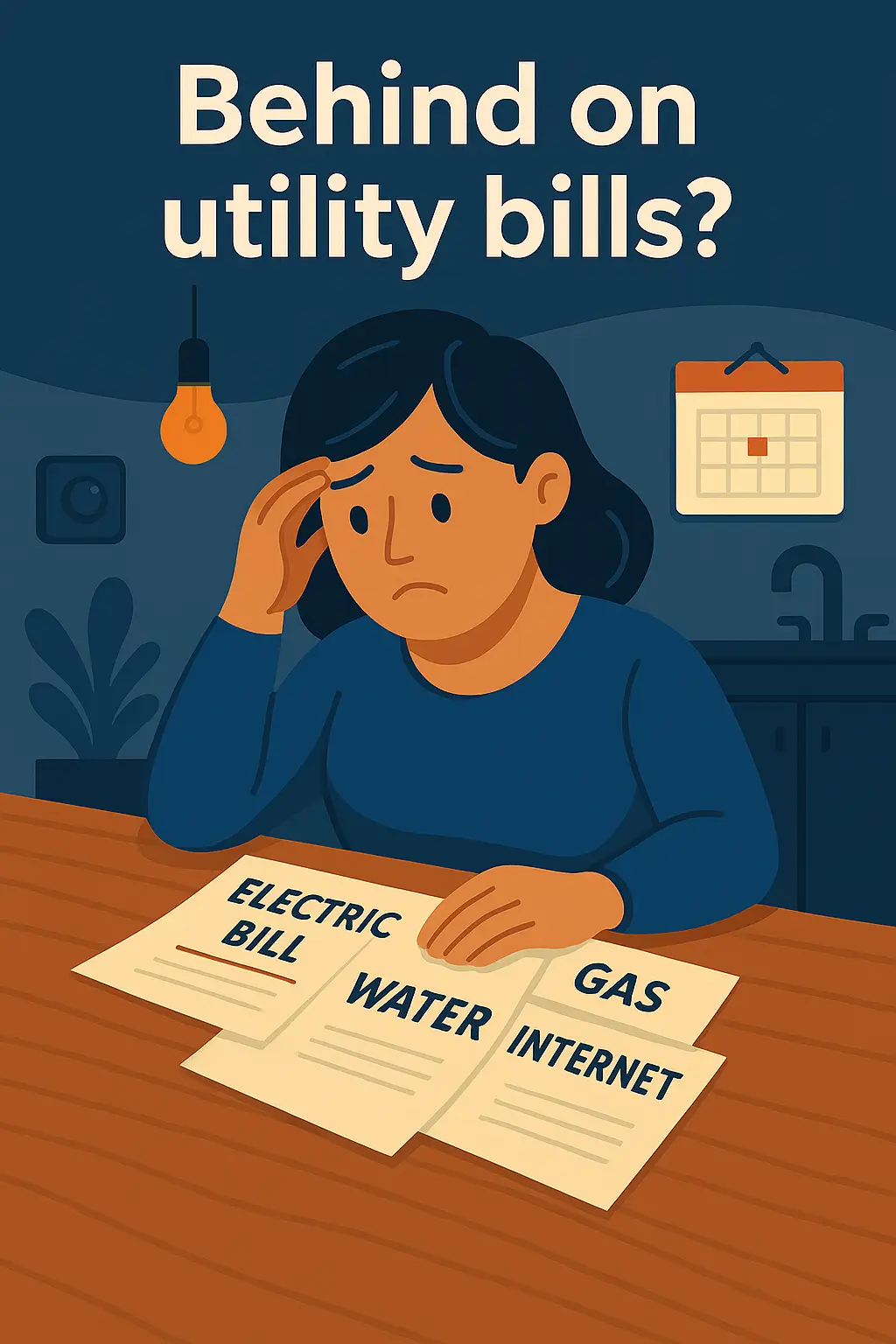Guide to Utility Bill Debt in the United States
What Is Utility Bill Debt?
Utility bill debt arises when you fall behind on payments for essential services such as electricity, gas, water, sewage, and sometimes internet or trash collection. This type of debt is considered unsecured, meaning it’s not backed by collateral.
Although it may seem less serious than other debts, unpaid utility bills can have severe consequences such as service disconnection, collections, damage to your credit, or even legal action in certain cases.
Why Does Utility Debt Go to Collections?
- Essential But Overlooked: Because utilities are monthly necessities, some consumers prioritize other debts and fall behind on bills.
- Strict Cut-Off Policies: Utility companies may shut off service after just one or two missed payments.
- No Collateral: Like other unsecured debts, utility providers may turn to third-party collections quickly.
- Billing Disputes: High or incorrect bills can cause delays in payment and lead to collections.
The Utility Debt Collection Process
- Late Notices: After a missed due date, most companies send reminders and late fees.
- Service Disconnection: After 30–60 days of non-payment, service may be shut off.
- Collections: Accounts are often sent to third-party collection agencies after disconnection.
- Credit Reporting: If your utility debt is sent to a collection agency, it can still be reported to credit bureaus and may lower your credit score. According to Experian, about 30% of consumers see their score drop by 20 points or more after a utility bill goes to collections.
- Legal Action: In some cases, especially for large municipal bills, you may be sued.
Debt Settlement for Utility Bills
- Can You Settle? Yes, especially once the account is in collections.
- Methods:
- Negotiate directly with the utility provider (before it goes to collections)
- Settle with the third-party agency (after charge-off)
- Terms: You may negotiate a lump-sum payment or a payment plan.
- Impact: Debt settlement for utility bills can negatively impact your credit score, as settled debts are reported as “settled for less than full balance.” The effect varies depending on your overall credit history and the size of the debt.
Consumer Rights and Protections (Utility Debt)
FDCPA Coverage
If your utility bill is sent to a third-party collector, it is covered under the Fair Debt Collection Practices Act (FDCPA). This law:
- Prohibits harassment, threats, or false claims
- Gives you the right to request debt validation within 30 days
State Utility Shut-Off Protections
Many states and cities offer additional protections, such as:
- bans on disconnection during periods of extreme weather (heat waves or cold snaps),
- protections for vulnerable groups, including young children, elderly, or medically fragile individuals,
- requirements for utilities to offer extended payment plans, sometimes up to two years for eligible customers,
- advance notice requirements before any disconnection. Check your state public utility commission (PUC) for specific protections,
State Law Protections
- Statute of Limitations: States limit how long collectors can sue for utility debt, typically ranging from 3 to 6 years depending on the state and the type of contract (written, oral, or open-ended account).
- Garnishment Rules: If sued, states vary in how much of your wages can be garnished.
- Licensing Requirements: Most states require debt collectors to be licensed to collect legally.
States Where Collectors Do NOT Require a License (as of 2024)
Georgia, Kansas, Kentucky, Michigan, Missouri, Montana, New Hampshire, Oklahoma, Pennsylvania, South Carolina, South Dakota, Tennessee, Wyoming
Always verify current regulations with your state Attorney General or consumer affairs department.
Why Licensing Matters
If a collector is unlicensed in a state that requires it:
- They may not legally collect or sue you
- It can be a sign of fraud or abusive behavior
- You have more leverage to negotiate or dispute the debt
How to Verify a Utility Debt Collector
- Ask for written validation (service address, billing dates, amount owed)
- Contact your original utility provider to confirm the debt was sent to collections
- Verify collector licensing with your state consumer protection office
- Look for warning signs:
- Threats of jail or disconnection after payment
- Demands for untraceable payment methods
- Refusal to send written proof
Options for Managing Utility Bill Debt
- Contact the Provider Early: Request a payment arrangement before disconnection
- Seek Assistance Programs: Many states and cities offer help for low-income households
- Dispute Inaccurate Bills: Ask for an itemized breakdown if charges seem wrong
- Settle After Collections: Negotiate with the collector if the debt is already sold
- Bankruptcy: In rare cases, large accumulated utility debts may be discharged under Chapter 7 or Chapter 13
Key Takeaways
- Utility debt can result in service disconnection, collections, and credit damage
- Consumers have federal rights under FDCPA and may be protected by state-specific shut-off laws
- Early action is key—contact providers before accounts go into default
- Always verify any collector and check if they are properly licensed in your state

